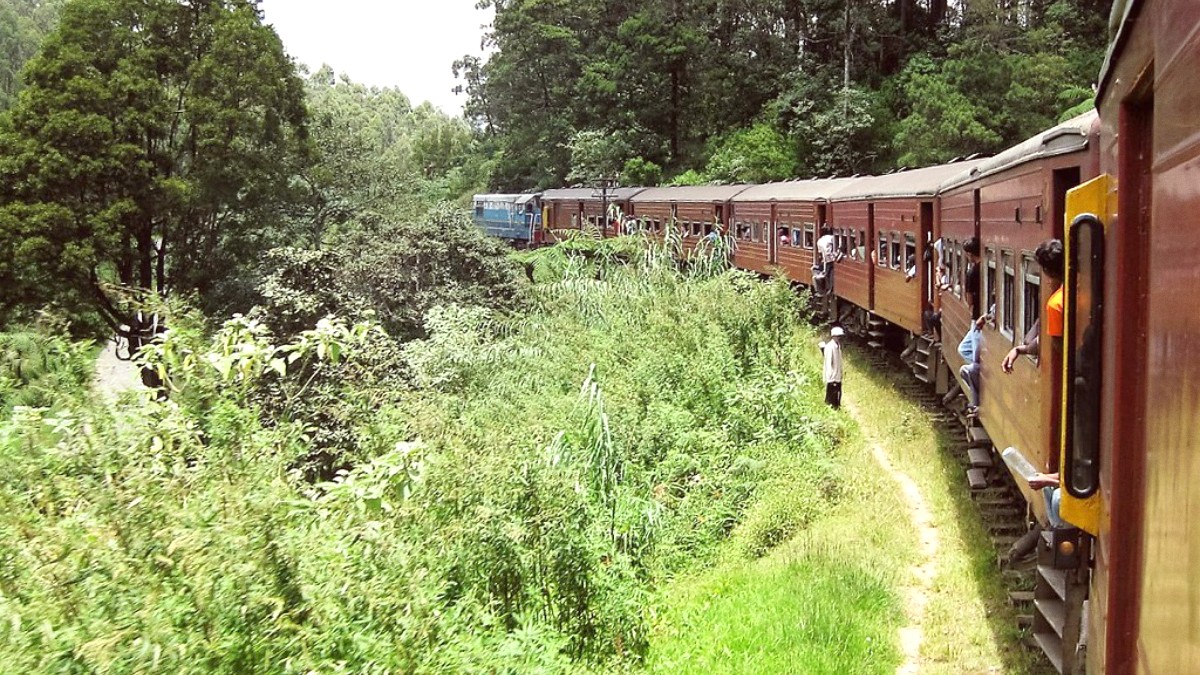
The Hill Country, Sri Lanka
This is Nuwara Eliya, Sri Lanka's high-altitude retreat, a place that transports you to a different world within the tropical island. It is a blend of natural beauty, historical charm, and a tranquil escape, promising an experience that feels both adventurous and serene.
Nuwara Eliya's history is deeply intertwined with the British colonial period in Ceylon (Sri Lanka's former name). Sir Samuel Baker, a British explorer, established the town in 1846 as a health resort and retreat for British civil servants and planters seeking refuge from the tropical heat. Its cool climate reminded them of home, leading to the development of architecture mimicking English country houses, bungalows, and gardens. This earned it the moniker "Little England."
The growth of the tea industry in the mid-19th century further cemented Nuwara Eliya's significance. Scottish planter James Taylor pioneered commercial tea cultivation in Sri Lanka, and the surrounding hill country became the heart of Ceylon Tea production. Vast tea estates were established, drawing thousands of workers, many of whom were of Tamil descent. These estates and their associated factories became the economic backbone of the region, shaping its landscape and social fabric. Today, many colonial buildings are a testament to this past, repurposed as hotels, guesthouses, and government offices, preserving an unique heritage that defines Nuwara Eliya's character.
Nuwara Eliya is a place to unwind, breathe fresh mountain air, and immerse yourself in the beauty of the tea country. It is a gateway to some of Sri Lanka's most iconic landscapes and experiences.
Nuwara Eliya presents a blend of natural beauty and colonial charm. It is tranquil, quiet, and a refreshing change from the tropical coastal areas.
Central Highlands of Sri Lanka.
Approximately 1,868 meters (6,128 feet) above sea level.
Cool, temperate, often misty. A refreshing change from tropical heat.
Tea cultivation (Ceylon Tea).
Horton Plains National Park (World's End), Lake Gregory, Pedro Tea Estate, Hakgala Botanical Garden, colonial architecture.
Trekking, boating, tea factory tours, strolling through parks, exploring historical buildings await you.
A relaxed, peaceful atmosphere, with a touch of old-world charm. Quieter than coastal areas, ideal for unwinding.
Nuwara Eliya sits at an elevation of approximately 1,868 meters (6,128 feet) above sea level, making it the highest town in Sri Lanka. It lies nestled among the island's central mountain range, surrounded by towering peaks, including Pidurutalagala, the highest mountain in Sri Lanka. This unique geography creates ideal conditions for tea cultivation, which dominates the surrounding landscape. Valleys are carved by numerous waterfalls fed by mountain streams, adding to the region's dramatic scenery. Lush cloud forests cling to higher slopes, home to diverse flora and fauna. The winding roads that lead to Nuwara Eliya present breathtaking views, showing the sheer scale and beauty of the hill country.
It is ideal to visit from December to April for drier, clearer weather, though rain brings lush greenery year-round.
Festivals, food, and daily life reflect this blend.
The presence of the Tamil community, brought over from India by the British for tea cultivation, adds a distinct cultural layer to Nuwara Eliya. Their traditions, languages, and Hindu temples enrich the local landscape. The town also hosts events like flower shows and horse races, traditions carried over from the British era, especially during the April New Year festive season.
The heart of Ceylon tea. Visit estates, learn about production, and enjoy fresh brews.
Victorian-era bungalows and structures reminiscent of English countryside.
Experience the traditions, languages, and Hindu temples of the local Tamil community.
Nuwara Eliya offers a mix of Sri Lankan dishes, Indian influences, and some Western options in hotels. Fresh produce from the surrounding hills is a highlight.
Dress modestly, notably when visiting religious sites. Shoulders and knees covered for both men and women.
Remove shoes and hats before entering temples or homes. Do not pose for photos with your back to Buddha statues.
A slight bow with palms together (Namaste or Ayubowan) is a common greeting.
Be respectful. Avoid taking photos of military installations or without permission when photographing people.
Public displays of affection are not common and are best kept private.
In certain contexts, the left hand is considered unclean. Use your right hand for eating and giving/receiving items.